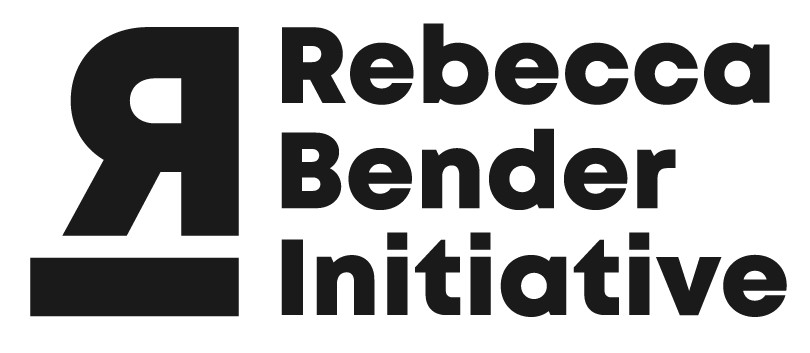Confidence in the Workplace: Self-Advocacy Tools for Trauma Survivors
Written by Jenna Sherman
Photo by Freepik
Confidence doesn’t always arrive loudly. Sometimes it’s quiet, steady, stitched together from moments where you spoke up, stayed present, or simply got through the day. If you’ve lived through trauma, the workplace can feel like another arena to survive, but it doesn’t have to be. It can become a space where you learn to trust your instincts, protect your peace, and take pride in your presence. This doesn’t mean pretending nothing happened. It means carrying what’s true while building something new. You don’t need to prove your worth; you just get to bring it with you.
Setting Boundaries with Confidence
Boundaries aren’t barriers; they’re bridges to safety and stability. If you’ve lived through trauma, you might have been taught to prioritize other people’s comfort over your own. But in a professional setting, establishing clear boundaries protects your energy and reinforces your value. Start by clarifying your limits for availability, personal questions, or task overload. It’s not selfish to advocate for what you need—it’s a skill. Practice it often, even in small moments.
Navigating Triggers in Professional Settings
Triggers aren’t always loud. Sometimes they sneak in through a colleague’s tone, a slammed file cabinet, or a surprise meeting. Knowing how to respond, not just react, takes practice. You might try these coping strategies for workplace triggers, like controlled breathing, anchoring phrases, or keeping a tactile object nearby. Let a trusted coworker know you may need a quick exit if something overwhelms you. There’s strength in preparing for what your body might remember before your mind does.
Harnessing the Power of Affirmations
What you say to yourself matters. Over time, your internal voice can either echo the harm you’ve heard or gently rewire it with truth. That’s why so many trauma survivors find affirmations help boost self-worth, which can be especially grounding during the workday. Keep a list on your phone or scribbled in a notebook. Read them when impostor feelings start to whisper. No one needs to hear them but you, and they’ll still shift the ground beneath your feet.
Building a Supportive Network
Every job has its politics, but you deserve more than just tolerance. You deserve connection. Building rapport with peers, whether it’s through a shared lunch break or small talk before a meeting, can slowly create a buffer against isolation. One thoughtful way to begin is by being open to small moments of mutual support. A compliment, a shared resource, or asking for help when it feels safe enough, each can plant the seeds of support. One person on your side can change the temperature of your whole workday.
Understanding Your Rights and Resources
You don’t have to memorize the employee handbook to stand up for yourself. What matters is knowing that laws exist to protect you. Discrimination, harassment, forced silence, none of that is acceptable. If someone crosses a line, you can respond. You have options. You don’t need to be a lawyer to stand your ground. You just need clarity and a few bookmarks.
Protecting Your Personal Information
Sometimes safety means thinking digitally. If you’re sharing a resume, ID copy, or other sensitive file, make sure you’re not giving away more than you intend to. One way to stay in control is to learn how to encrypt a PDF with a password so that you stay in control of who accesses them. This kind of precaution doesn’t take long, but it sends a strong message: your safety is non-negotiable. Privacy is a kind of armor, and it belongs to you. Use it.
Embracing Continuous Growth and Learning
Learning doesn’t need to be linear. Sometimes it means acing a workshop. Other times it’s just showing up even when you’re tired or unsure. There are plenty of career development resources for survivors that let you move at your own speed, with compassion built in. Whether you’re refining a skill or finding your voice in a meeting, growth is happening. And growth is what turns survival into momentum.
You weren’t meant to just get by. You deserve to rise. Confidence doesn’t mean you never doubt yourself—it means the doubt doesn’t get the last word. You’ve already survived more than most. Now you get to build something stronger, safer, and more honest from here. At work, your power is not a question. It’s a quiet, daily decision to take up space and stay.
Empower survivors of human trafficking by supporting Elevate Academy, the world’s largest online program offering free, life-changing education and resources to those in need.
